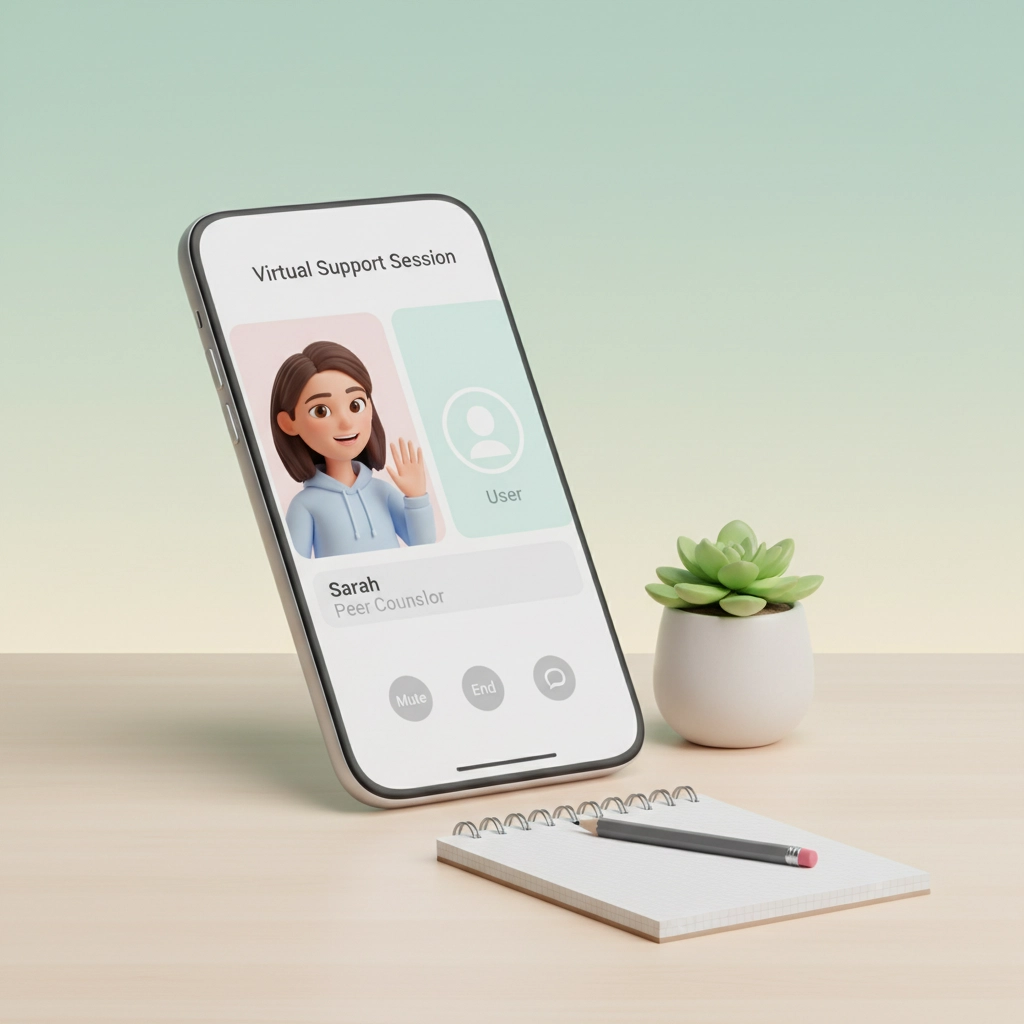The Ultimate Guide to School Mental Health Support: Everything Chicagoland Parents Need to Succeed
- clairestew
- Sep 16, 2025
- 5 min read
Navigating your child's mental health needs within the school system doesn't have to feel overwhelming. Here in Chicagoland, we're fortunate to have one of the most comprehensive school-based mental health support systems in the country. Whether you're dealing with your teenager's first anxiety episode or looking for ongoing support, understanding what's available can make all the difference for your family's journey.
Understanding Chicago's School Mental Health Landscape
Chicago Public Schools operates on a multi-tiered system of support (MTSS) that meets students exactly where they are. Think of it like a pyramid – at the base, every student receives universal prevention strategies that promote mental wellness. As we move up, more intensive support becomes available for students who need it.
This isn't just about having a school counselor available. We're talking about comprehensive therapeutic services, crisis intervention, family support, and community partnerships all working together. The beauty of this system is that it eliminates many of the barriers families traditionally face – no transportation worries, no scheduling conflicts with work, and seamless integration with your child's daily routine.

What Services Are Actually Available?
Direct Therapeutic Services in Schools
Your child can access individual therapy, group therapy, and even family therapy sessions right at their school. School-based therapists lead specialized groups targeting specific challenges like anger management, social skills development, and coping strategies. The advantage? Your teenager doesn't miss valuable class time traveling to appointments, and there's natural follow-up support throughout their school day.
Telehealth Revolution
Here's something exciting that many families don't know about yet: CPS has partnered with Hazel Health to provide free, high-quality online therapy and counseling to all high school students. With your permission, your teen can access mental health services from home, and soon they'll be able to have virtual appointments during school hours that are carefully scheduled around core instruction time.
Hazel Health therapists specialize in exactly what teenagers face – mood and behavior changes, grief and loss, anxiety and worry, social challenges including bullying, relationship issues, and academic stress. It's like having a mental health specialist in your back pocket.
Special Support for Every Student
LGBTQ+ Students
Chicago schools recognize that LGBTQ+ students face unique mental health challenges and have developed specialized support strategies. This includes comprehensive climate assessments, targeted interventions, and creating safer, more welcoming school environments where every student can thrive.
Students in Temporary Living Situations
For families experiencing housing instability, schools provide additional mental health support alongside practical assistance like transportation help, school supplies, fee waivers, and connections to community resources. The goal is removing every possible barrier so your child can focus on learning and healing.

Your Rights and Resources as a Parent
Mental Health Days
Since 2022, every CPS student gets five mental health days per school year – and they're treated just like sick days. You can request these through the Aspen Parent Portal using the same system you'd use for any other excused absence. It's Chicago's way of saying that mental health matters just as much as physical health.
Policy Protection
CPS adopted comprehensive mental health and suicide prevention policies that ensure consistent, high-quality support across all schools. These policies also include substance use prevention and intervention, creating a safety net that addresses the full spectrum of adolescent challenges.
Building Your Support Network
Start with School Partnerships
Your child's teachers, social workers, counselors, and administrators all have pieces of the puzzle when it comes to understanding your teenager's experience. Don't limit yourself to just one contact person – build relationships across the school community. Educators spend significant time with students and can provide valuable insights that inform mental health decisions.
Understanding Consent and Communication
Schools must get your written consent before providing mental health services, ensuring you stay informed and involved every step of the way. Designated school professionals will follow up with you to monitor your child's progress and coordinate with any community providers you're working with.

Community Resources Beyond School
Neighborhood-Specific Support
Organizations like Brightpoint offer services to specific Chicago neighborhoods, providing community navigators who help connect families to medical, housing, food, financial, and mental health resources. These services often extend to grandparents and other family members, recognizing that supporting the whole family supports the student.
Comprehensive Care Coordination
Groups like Gads Hill Center focus specifically on Chicago's underserved communities, providing school-based mental health programs that include case management, home visits, and educational workshops for both students and families. They also work directly with school staff to increase overall mental health support capacity.
Practical Steps for Success
Know About Screenings
Schools conduct brief mental health screenings to identify students who might benefit from additional support. These aren't medical diagnoses – they're simply ways to connect students with helpful resources before challenges become overwhelming. As a parent, you can request information about these screenings and advocate for your child's participation.
Stay Connected and Informed
Join your school's wellness committee if they have one, attend parent workshops, and maintain regular communication with mental health staff. Many schools offer educational sessions that help you better understand available resources and learn strategies for supporting your child at home.
Build Your Village
Connect with other parents navigating similar challenges. The journey is easier when you're not walking it alone, and other families often have insights about resources or strategies that have worked for their children.

Crisis Support When You Need It Most
Chicago schools maintain comprehensive crisis management protocols that include immediate response capabilities, safety planning, and careful coordination with families and community providers. When students return to school after receiving mental health treatment, schools work closely with families to ensure smooth transitions and ongoing support.
If you're in crisis mode, remember that schools have extensive experience supporting students through mental health challenges, and many effective interventions can happen right within the school setting while you coordinate additional community-based care.
Making the System Work for Your Family
Assessment and Planning
Work with school mental health staff to understand your child's specific needs and develop a coordinated plan. This might include accommodations, therapeutic goals, family involvement strategies, and connections to community resources.
Regular Check-ins
Mental health needs change over time, especially during adolescence. Schedule regular check-ins with school staff to assess how things are going and adjust support as needed. Don't wait for problems to escalate – proactive communication prevents crisis situations.
Celebrate Progress
Acknowledge the small victories along the way. Mental health recovery and skill-building happen gradually, and celebrating progress helps maintain momentum and hope for both you and your teenager.

Your Next Steps
If you're reading this because you're concerned about your child's mental health, know that seeking support is a sign of strength, not weakness. The extensive resources available in Chicago schools reflect our community's deep commitment to student wellbeing.
Start by reaching out to your child's school counselor or social worker. Share your concerns, ask about available services, and begin building the support network your family deserves. Remember, you're not navigating this alone – Chicago's comprehensive mental health system is designed to support both students and families through every challenge and celebration.
For immediate support or to learn more about mental health resources in your specific school or neighborhood, contact your school directly or reach out to community partners like MHAGC. We're here to help you connect with exactly the right resources for your family's unique situation.
Your child's mental health journey matters, and Chicago's schools are equipped and committed to supporting that journey every step of the way.

Comments